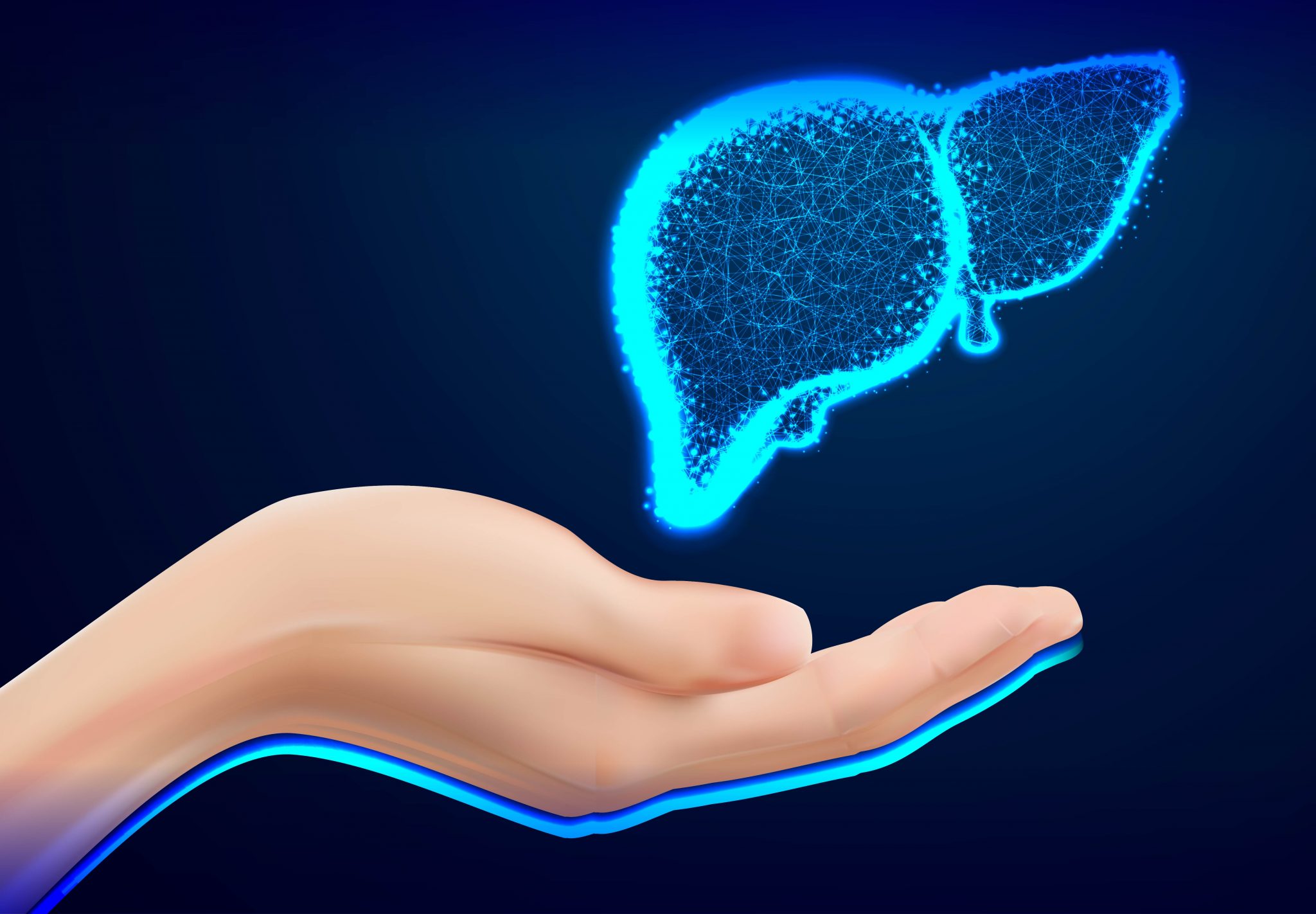Other than the Asian flush, getting drunk is another issue that we might face if we drink too much. But have you ever wondered how does alcohol make us feel tipsy and drunk?
What does alcohol do to us?
After having an alcoholic drink, our bodies absorb alcohol in our stomach and small intestine. It then circulates around our body in the bloodstream before being metabolized in the liver. It also travels to the brain, and that is where all the effects of alcohol kick in. Here are some of the things that alcohol does in our brains:
- It blocks our brain from receiving some nerve signals. It also enhances the action of slowing down our nerve activity. Therefore, people may have sluggish movements and slurred speech due to disrupted brain activity.
- By increasing the production of dopamine, one of the ‘happiness hormones’, alcohol gives people a sense of pleasure.
Why do some people get drunk quicker than others?
Many factors contribute to the variations of levels of drunkenness among different individuals. However, they are mostly based on the blood alcohol concentration (BAC). The higher your BAC, the greater the effects of alcohol you experience. In other words, the more drunk you are!
1. Gender
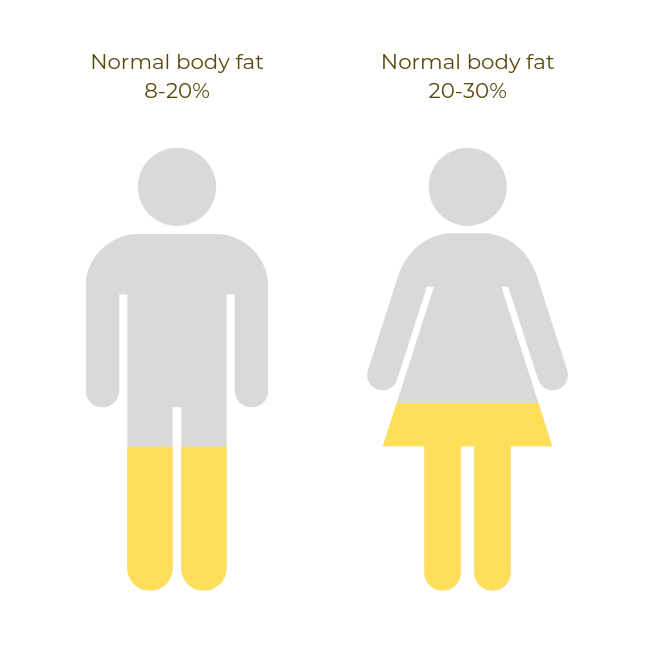
Females have higher body fat percentage than males. Fat tissue is not as good at absorbing alcohol, so females tend to have a higher BAC than males. Some studies also suggest that women have lower alcohol metabolism due to fewer enzymes to breakdown alcohol.
2. Age
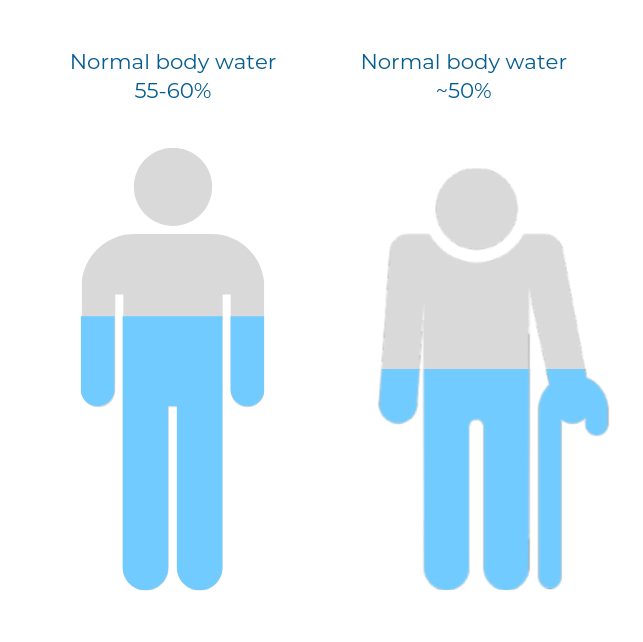
As we age, the activity of the enzymes involved in alcohol metabolism decreases. Besides, older people have a lower body water percentage. These two factors contribute to a higher BAC. Therefore, the elderly will experience the toxic effects of alcohol quicker than the younger people.
3. Body size
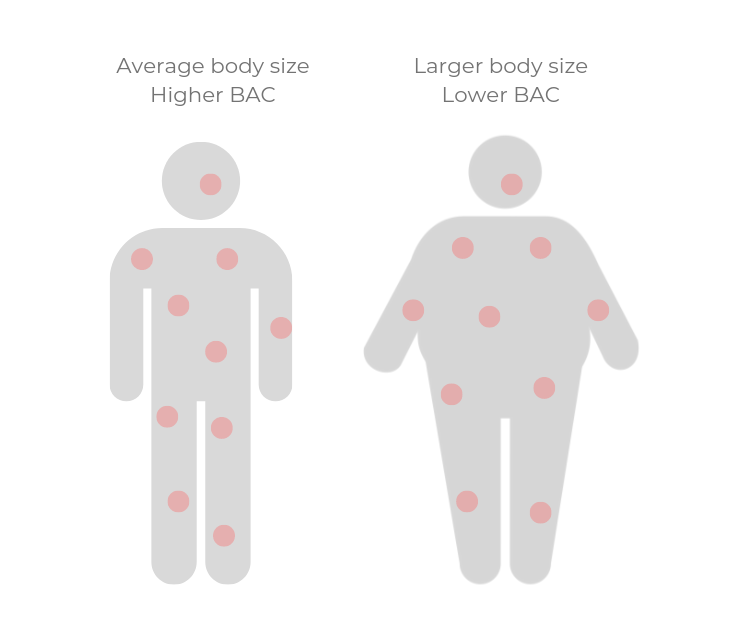
The larger you are in size, the more space for alcohol to diffuse in your body and the lower your BAC. This is why for the same amount of alcohol consumed, an 80kg man may be less drunk compared to a 50kg man.
4. Amount of food eaten

The small intestine absorbs about 80% of the alcohol we consume. Food in our stomach prevents alcohol from being passed into the small intestine quickly. The longer the alcohol stay in the stomach, the slower it is absorbed. This means that the toxic effects take longer to appear!
5. How much you are drinking in a period of time
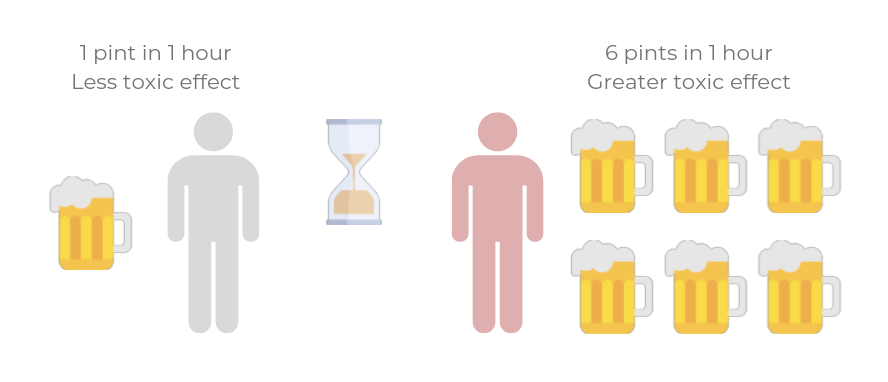
The liver can only metabolize a certain amount of alcohol at a time, hence the excess alcohol will remain circulating in our bloodstream. They continue to affect our brain and nervous system, therefore binge drinking will have more serious effects as compared to sipping the same amount of alcohol over a longer period of time.
So, is it bad to drink alcohol?

If you enjoy alcohol, it is always fine to drink in small amounts if it is not affecting your well-being. It is also good to know your level of alcohol tolerance so that you know when to stop drinking!
However, do keep in mind that alcohol abuse and alcohol addiction can have detrimental effects on both your physical and mental health. Therefore, you should always monitor your alcohol consumption to avoid these problems.
References
Alcohol.org. (2019). Different Blood Alcohol Content (BAC) Levels | What Happens?. [online] Available at: https://www.alcohol.org/effects/blood-alcohol-concentration/ [Accessed 17 Jul. 2019].
Alcohol.stanford.edu. (2019). Factors That Affect How Alcohol is Absorbed & Metabolized | Office of Alcohol Policy and Education. [online] Available at: https://alcohol.stanford.edu/alcohol-drug-info/buzz-buzz/factors-affect-how-alcohol-absorbed [Accessed 17 Jul. 2019].
Graham, K., Wilsnack, R., Dawson, D. and Vogeltanz, N. (1998). Should alcohol consumption measures be adjusted for gender differences?. Addiction, 93(8), pp.1137-1147.
